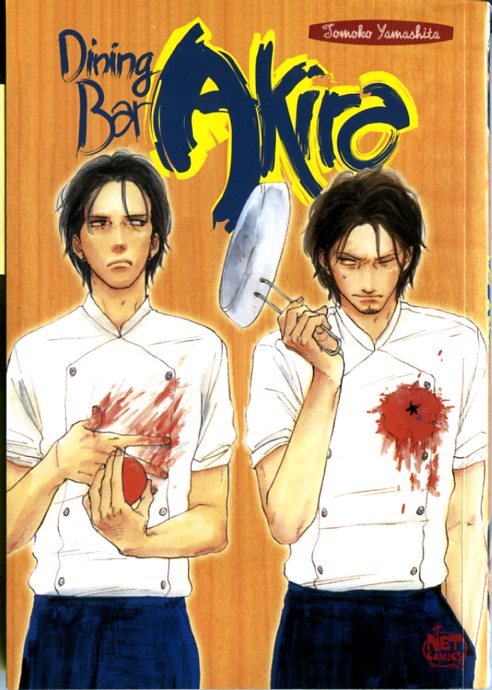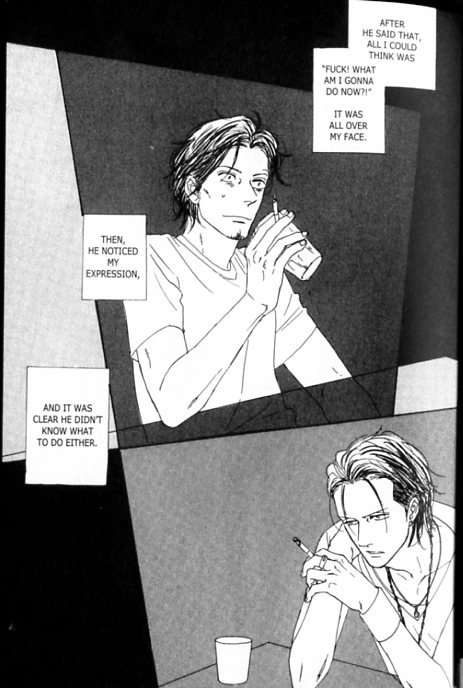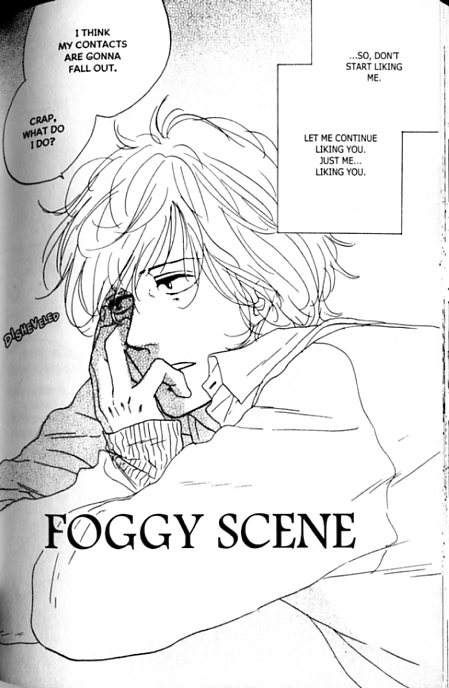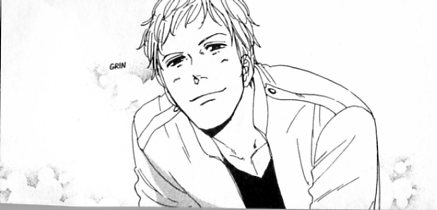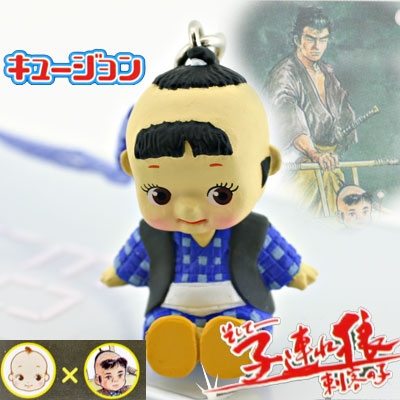Apparently, this means that I should just give up writing about comics altogether and, I don’t know, join a monastic order of geeks and castrate myself with a rusty center-staple according to Sean Collins, who broke all the bones in his hands and found one of those funny fedoras just so he could call himself the Mr. A of random critical comics pronouncements.
Some of you are no doubt asking yourselves — what the hell is Ganges? Who is Mr. A? Who is Sean Collins? Who cares?
If you asked yourself all, or any of those questions, or indeed, any question at all, ever — you sir (or madam) are beneath contempt. Find an entire run of comics journal back issues, liquify them through the power of your lameness, do a zombie ritual to resurrect the lower intestine of Art Spiegelman’s sainted father, and then use the latter as tubing to rectally partake of the former until first-rate poorly-edited critical prose gushes from your newly erudite nose hair like wisdom from the Internet or brilliant babies from your mama.
Let’s have some other, lesser people talk then.
Hey, here’s Tucker Stone. He likes Ganges. Fuck him.
There’s a temptation to label mainstream fans as being lazy for not caring about Swallow Me Whole or Blankets, to call them “bone-ignorant” — that’s just a bunch of horseshit. It’s an attempt by boring assholes to assign an overall meaning to a bunch of personal choices made by a group of people that those boring assholes don’t know anything about. On an individual level, I’ve heard a couple of people say they don’t want to read comics that focus on the mundanities of regular life, but I’m more often exposed to people who just like what they like because it’s what they fucking like. Besides, the attitude you’re describing — that’s not coming from real sampling of readers. It’s coming from the internet’s sampling of readers, it’s coming from small publishers (and most small publishers are readers with credit problems), and the internet and small publishers are pretty much wrong all the time about why people like the things that they like, because most of the people who write blogs, read blogs, leave comments — they aren’t the majority opinion. They’re the minority opinion. If the comics internet was an accurate representation of what comics mattered to people, it would be shitloads of articles about Bone, Y: Last Man, Crumb’s Genesis — and it’s not. And thank God it’s not! But what you’re talking about — why people react the way they do, and what does that mean — hell, the internet isn’t going to answer that question. It doesn’t know either.
Yeah, yeah, yeah. You don’t know, the Internet doesn’t know…cry me a river, fanboy. You know who knows? I know. And what I know is that the river Ganges is filled with floating turds just like your taste, asshole. “Oh, why can’t this Robin comic be more like Glenn lying next to his wiiiiiiffffeee? Why are abstract comics so difficult to understand? What’s this critical discourse doing in my pants, and why’s it feel so good when I touch it?”
Hey, here’s Sean Collins. He likes Ganges too. Fuck him.
I mean, if you met someone who only watched superhero movies, you’d think that was weird and dumb, and you’d be right, and saying so wouldn’t make you a boring asshole, it’d make you a person who was right. Moreover, saying so does not mean you’ve extrapolated that they’re some horrible CSI Miami-watching mouthbreather or anything else about “who they really are” or whatever. You’re just a critic, addressing what people are saying about specific comics, which is a valid thing for a critic to do.
Finally, Tucker’s coup de grace is the fact that most of the audience doesn’t really care about critics or critical approaches to what they enjoy reading anyway. But so what? Most of the people in the theater with us at Up in the Air yesterday have never read Pauline Kael. But criticism is not therefore an egomaniacal waste of time, any more than making art that most of the audience for that art form doesn’t really care about would be. Kevin Huizenga shouldn’t hang it up just because he’s not Jim Davis; similarly, we shouldn’t crumple up the idea of analyzing art and arguing for standards and throw it in the trash because many people would just rather read/watch/listen and then do something else.
If you met a person who only watched superhero movies, that person would be fucking dead, Mr. Genius, because if they only watched superhero movies that would mean they weren’t doing things like eating and breathing and and even if you really like Heath Ledger you’re not going to make it through Dark Knight like that. So, yeah, go ahead and make fun of the corpse on your couch, Mr. Collins, and pat yourself on the back for maintaining standards and analyzing art and rejecting egotism by dressing just like Kevin Huizenga. Bravo for you!
Here’s Tom Spurgeon. He likes Ganges. You know the drill.
In broad terms it’s not that MOME readers should be suggested to read Tiny Titans, but that a hugely presumptive, distorted dismissal on their part should be as open to criticism, especially when it risks the industry being shaped according to those presumptions.
I’d like the industry to be shaped like the Comics Reporter’s tiny distorted titan rearing up to declaim “Happy birthday! I am sorry I cannot attend your promotional event!” Then watch those fuckers who only read one kind of comic scatter like inferior third world populations. I love the smell of eclecticism in the morning.
Also, if you’re a Mome reader, you should just give up. I mean really people. Talk about no self-respect.

